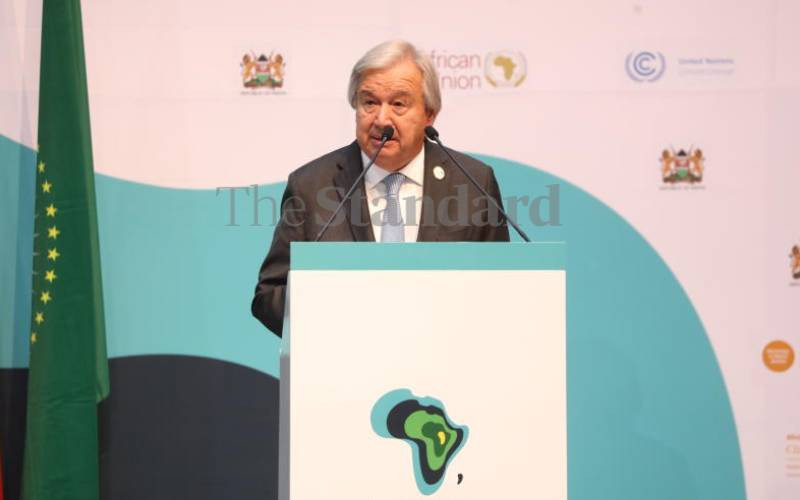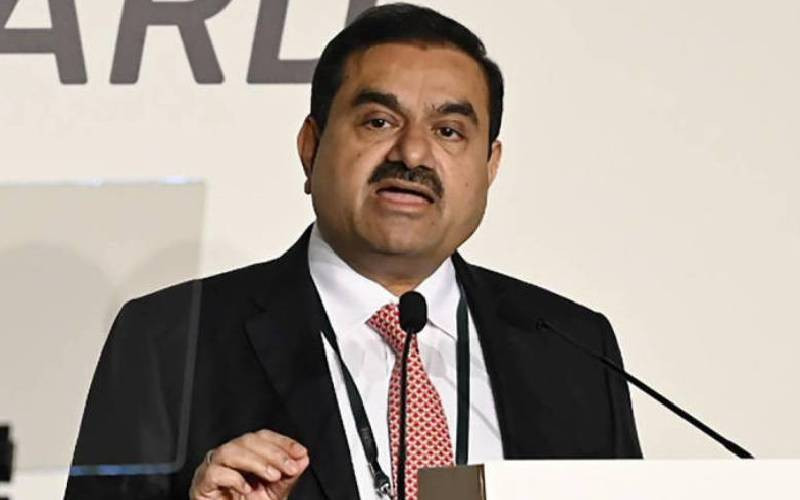×
The Standard e-Paper
Fearless, Trusted News

Most of the world's biggest banks are channelling trillions of shillings to harmful projects causing climate crises, a report shows.
The report by Action Aid reveals that far more of the world's money flowing into developing countries is directly harming vulnerable communities than creating solutions.








